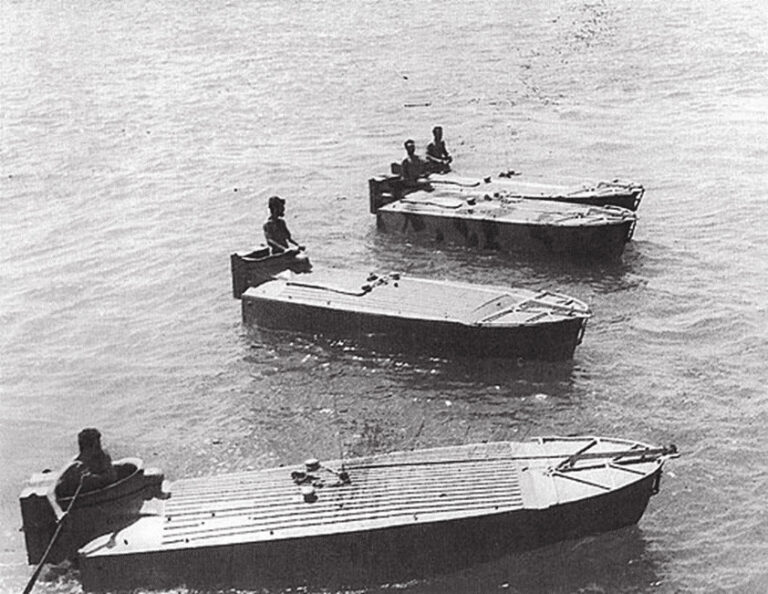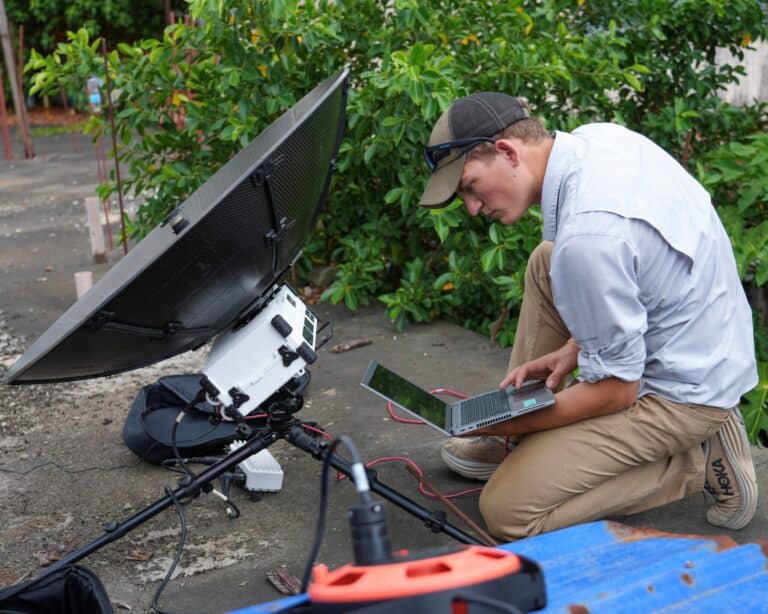Their Service. Their Sacrifice. Our Commitment.
Our Vision For The Future
Guided by an unwavering commitment to our nation’s Special Operations Forces, our vision is to cultivate a future where all Special Operations Personnel and their families thrive with steadfast support. We envision a world where our relentless dedication ensures that unmet needs are met, enabling these elite warriors to judiciously employ their unique capabilities in achieving national security objectives.
Mental Health
Special Operators often face barriers to treatment for mental health issues. Special Operations Forces Support offers discrete mental health services for Special Operators and their families.
The Special Operations Forces Support Congressional Fellowship Program is an exceptional resource for not only those who are involved in the military but also for our nation’s government.
Fellowship Program
Family Services
Special Operations Forces Support offers family support services to service members facing unexpected challenges in family life. Our confidential providers emphasize building personal and family resiliency.
Current News

In an era of renewed strategic rivalry, the maritime domain has become a central arena for irregular threats—coercive but deniable, asymmetric yet strategically consequential. Adversaries such as China, Iran, Russia, and North Korea increasingly employ maritime militias, legal warfare, cyber-enabled coercion, and proxies to exert influence and challenge the international order below the threshold of conventional war. Their actions not only pressure larger maritime powers but also demonstrate to smaller maritime nations, including U.S. allies, how irregular methods can be leveraged to offset conventional disadvantages.

Contemporary security discourse is frequently captured by a false narrative on new forms of warfare. The recent emergence of the term “cognitive warfare” is a symptom of this misconception, suggesting a novel evolution in warfare that does not exist. This form of non-military aggression was not unknown to us; on the contrary, at the onset of the Cold War, the United States profoundly understood the critical importance of public opinion to national security, both domestically and within nations abroad. American leadership recognized that the Soviet Union, and later China, waged political warfare that specifically targeted these populations to undermine the United States without firing a shot.

As of 2025, USSOCOM consists of approximately 70,000 Active Duty, Reserve Component, and civilian personnel assigned to its headquarters, its four components, and sub-unified commands. USSOCOM’s components are the U.S. Army Special Operations Command (USASOC), the Naval Special Warfare Command (NSWC), the Air Force Special Operations Command (AFSOC), and the Marine Forces Special Operations Command (MARSOC). The Joint Special Operations Command (JSOC) is a USSOCOM sub-unified command.

This article examines ubiquitous technical surveillance (UTS) as the operationalized manifestation of unrestricted warfare in contemporary strategic competition, arguing that it collapses normative assumptions of access, attribution, and initiative. It contends that the renewal of irregular warfare lies in signature reduction as a counteroffensive gray zone doctrine that preserves freedom of maneuver by centering human operational judgment under pervasive surveillance conditions.
No results found.
Stay Up To Date
Subscribe to Our Newsletter and Stay Up to Date with the Latest Special Operations Forces Support News and Events
